Announcing the 2021 Early Childhood Global Reporting Fellows: Inequality, Migration and COVID-19
The Dart Center has announced the recipients of its Early Childhood Global Reporting fellowship. The fellows will work on stories across the world that address inequality, migration, and Covid-19. Learn more about the 15 fellows and their projects below.
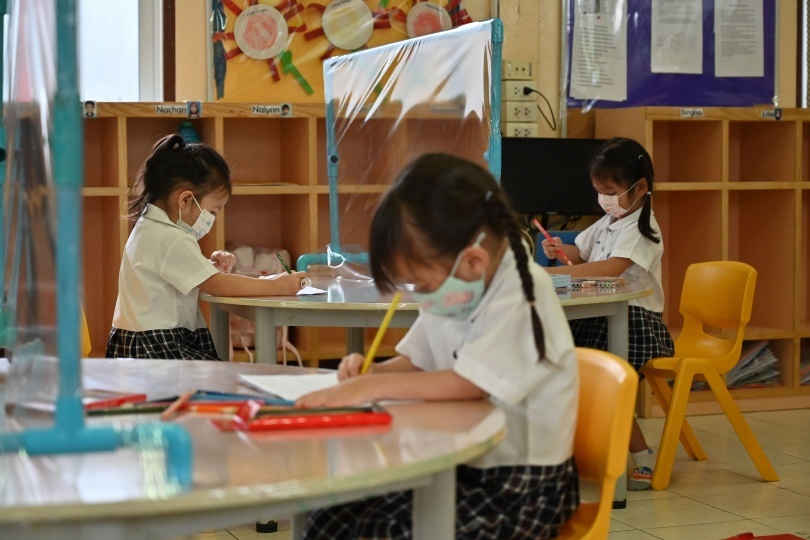
The Dart Center for Journalism and Trauma has announced the recipients of its Early Childhood Global Reporting fellowship. The program will support 15 journalists around the world undertaking 13 projects on the effects of the coronavirus pandemic on young children’s growth, development and wellbeing.
Fellows will examine the effect of Covid-19 on young children living with disabilities in Brazil, the impact of the pandemic on early learners in Kenya, and Covid-related childcare closures across the Deep South states of Alabama, Georgia, Mississippi and Tennessee. Additionally, a multimedia series will capture the unique perspective that the children of healthcare workers have on the ongoing healthcare crisis.
The Fellowship, running from February until June 2021, is being led by journalist, Karen Brown, and supported by independent journalists Irene Caselli and Katharine Gammon, and CNN Investigates senior writer, Bob Ortega.
This program has been made possible by generous grants from the Bernard van Leer Foundation (Netherlands), the Jacobs Foundation (Switzerland), the Maria Cecilia Souto Vidigal Foundation (Brazil), and The Two Lilies Fund (United States).
Below are the fifteen fellows and brief descriptions of their projects, alongside introductions to the faculty:
Fellows
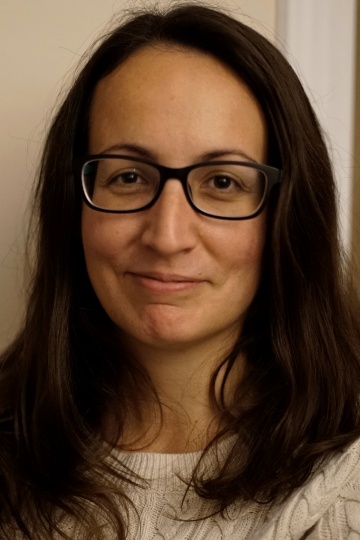
Apostolou will follow a refugee kindergarten class in Athens to see the effects the Covid-19 quarantine has had on toddlers and young children. Having already spent more than six months in the last year quarantining in small apartments, while also living in limbo due to their asylum statues, children feel isolated, stressed and lonely. Apostolou plans on publishing a series of multimedia pieces.
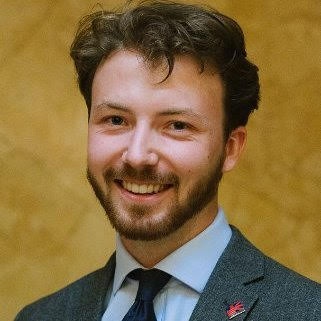
The children of healthcare workers have a unique perspective on Covid-19. They have suffered the double pain of enduring a pandemic and watching their parents — be they nurses, doctors, or cleaners — who have put themselves at risk to help others. Now a year into the Covid-19 crisis, Joseph's project seeks to capture these children's experiences in their own words and from their own viewpoint.
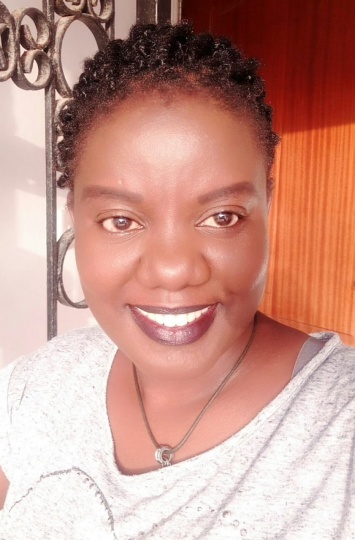
The global pandemic has exposed huge gaps in Kenya’s education sector. In March, when schools were closed indefinitely after the first case of Covid-19 was announced in the country, learning stopped for a majority of learners from underprivileged communities. But schooling continued smoothly for learners who could afford the apparatus needed for learning such as laptops and computers, and a steady supply of electricity, internet and radios/TVs. This project will seek to highlight learning outcomes for early learners who continued with their lessons versus those who could not continue with their classes.
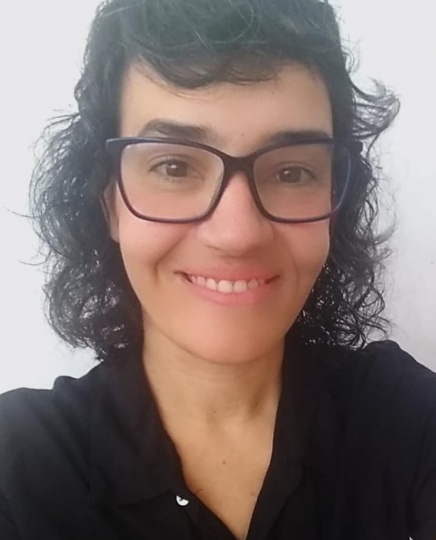
This report (in partnership with Mariana Della Barba) will show the impacts of the Covid-19 pandemic on the lives of young Brazilian children living with autism, down syndrome, microcephaly and other types of disabilities. Due to the lockdown and resulting social isolation, these children could not attend their schools and receive therapies, both essential for their development. The project will bring together stories of children and their caregivers (families, educators and therapists) from diverse socio-economic backgrounds, spotlighting the issues they are facing and showing successful examples of how they are dealing with new challenges.
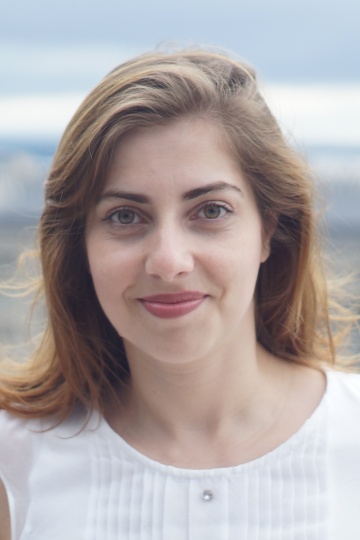
This project will investigate how children under the age of five living with disabilities have been affected by the pandemic. Many medical appointments have been cancelled or suspended because of the pandemic, and some of these children have been with no support for almost a year. It is necessary to understand how this interruption of care has hindered the development of these children and what families, specialists and governments can do to reverse this damage going forward.
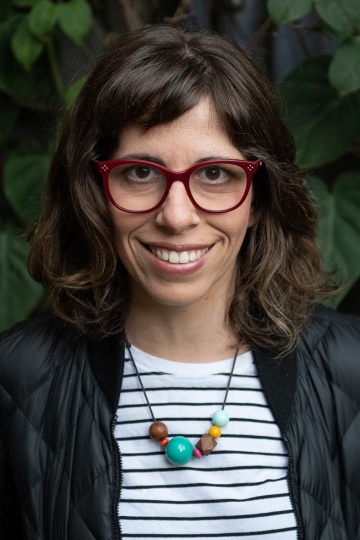
This report (in partnership with Carla Bittencourt) will show the impacts of the Covid-19 pandemic on the lives of young Brazilian children living with autism, down syndrome, microcephaly and other types of disabilities. Due to the lockdown and resulting social isolation, these children could not attend their schools and receive therapies, both essential for their development. The project will bring together stories of children and their caregivers (families, educators and therapists) from diverse socio-economic backgrounds, spotlighting the issues they are facing and showing successful examples of how they are dealing with new challenges.
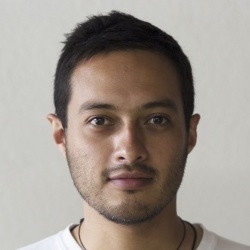
In Guatemala, severe malnutrition perpetuates one of the highest rates of stunted children in the world. The Maya communities living in the Dry Corridor area are particularly affected as climate change is making their struggle to survive even more challenging — the country is highly vulnerable to natural disasters and drought. With Covid-19, their situation worsened; schools, where children received meals every day, closed down, and many lost their jobs. Additionally, two hurricanes destroyed the crops of many families across the area.
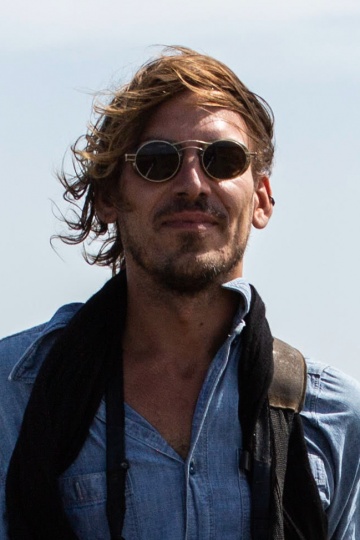
The massive flow of Venezuelan migrants to Colombia has begun to reverse itself. Finding out that day-to-day survival had become impossible during the pandemic, many people have decided to walk back home, enduring the psychological trauma of returning to the intolerable conditions that had forced them to leave Venezuela. And now, as Colombia announced an economic reopening by 2021, families of refugees and migrants are now heading to Colombia again. The disproportionate hardship imposed on these migrants during the pandemic means that their children are trapped in a continually dangerous environment. What happens, then, when the trauma never ends? This project will tell the stories of the children of this migration, and explore how a sense of helplessness and vulnerability represents a threat to their sense of identity.
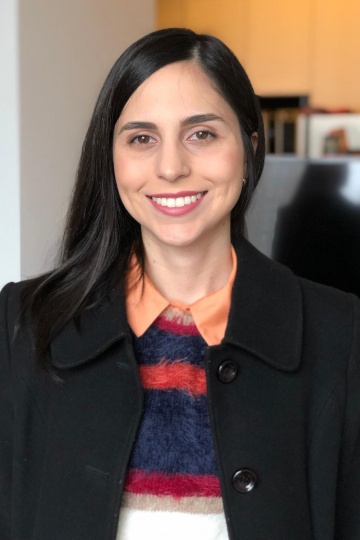
This project aims to investigate how the pandemic is affecting children born with malformations associated with the Zika Virus in Brazil. Permanently affected by Zika, these 5-year-olds require an intensive multidisciplinary treatment routine, but the access to care has been compromised by another infectious disease emergency, Covid-19.
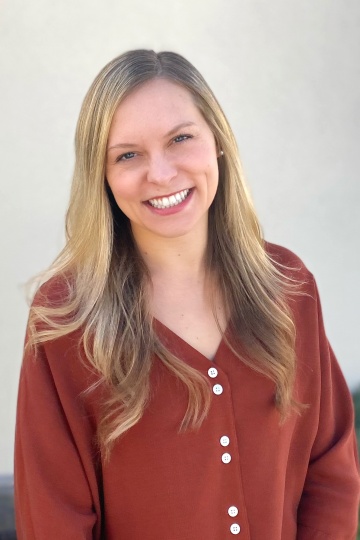
This solutions-oriented project will explore how communities are gearing up to address the impact of the coronavirus pandemic on children, as well as some of the policies and programs that experts say need to be put in place to support young children and their caregivers when the pandemic ends. The project will look at the myriad ways young children have been touched by the pandemic, including trauma from poverty and family illness, isolation, lack of basic needs and access to health care and highlight how states, communities and even schools and child care centers are planning on addressing — or have started to address — these needs for children.
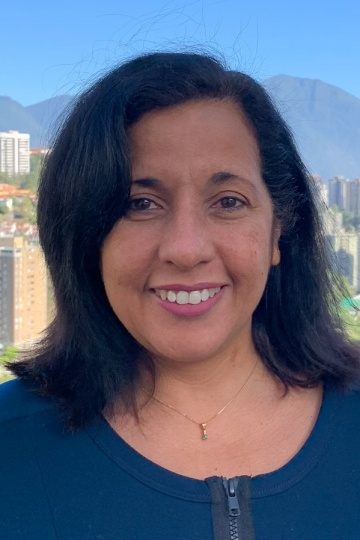
This project (in partnership with Tania Opazo) will investigate how the Covid-19 pandemic and the tightening of immigration policies in Chile have impacted children separated from their parents by Venezuelan forced migration. It will explore how growing up away from parents affects both children's development and attachment between families.
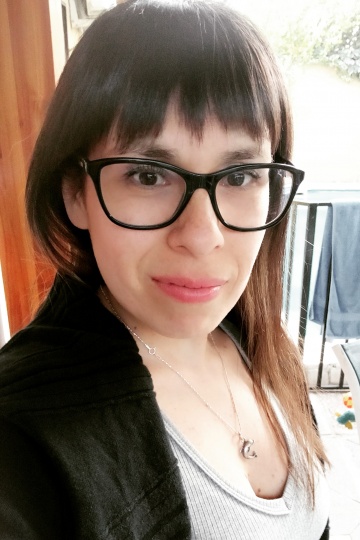
This project (in partnership with Marielba Núñez) will investigate how the Covid19 pandemic and the tightening of immigration policies in Chile have impacted children separated from their parents by Venezuelan forced migration. It will explore how growing up away from parents affects both children's development and attachment between families.
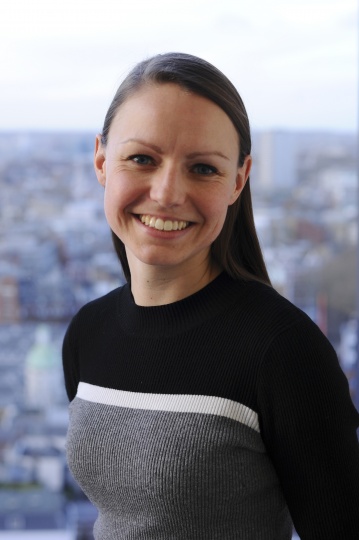
Rosie will return to Gaza to report on the impact of coronavirus on young children with disabilities and those who have experienced violence at home. Gaza's two million residents were already facing dire living conditions and a inadequate health system before the pandemic, which has increased poverty and put families under greater strain.
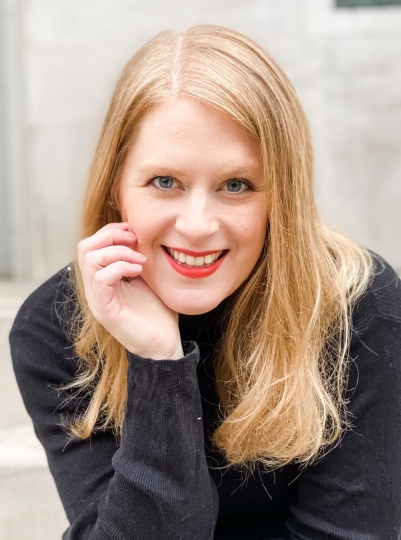
Covid-19 has upended America’s already-inadequate child care system. Even now, nearly a year after the pandemic began, families with unstable child care face economic hardship and uncertainty while their young children risk critical deficiencies in health and development, thanks to the nation’s sluggish response to the child care crisis. Vollers’ project will examine Covid-related childcare closures and instabilities across the Deep South states of Alabama, Georgia, Mississippi and Tennessee, to gain a better understanding of the developmental toll on young children and the economic toll on their families. She plans to examine data to locate where day care facilities failed to reopen and whether child care deserts exacerbate existing racial and economic inequities. She will also profile families affected by child care instability and spotlight potential solutions wherever they are found.
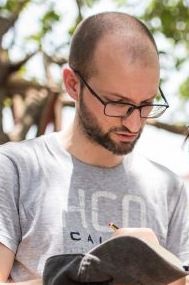
As a nation, Sierra Leone has coped better than expected with the global Covid-19 pandemic. But the youngest and most vulnerable part of its population faces multiple threats. With Covid-19 absorbing almost all global attention, Sierra Leone’s Health Minister has warned about the country’s greatest health risk for children under five, Malaria, and a doubling mortality rate. As if Malaria weren’t enough, other secondary impacts of the pandemic are expected to lead to more sexual and gender-based violence, more teenage pregnancies, increasing poverty and malnutrition.
Fellowship Director
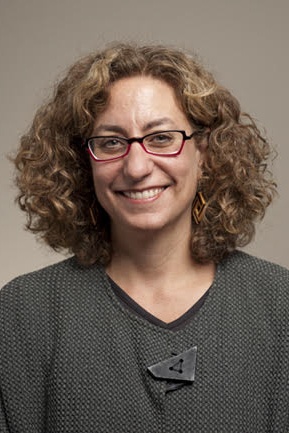
Story Coaches
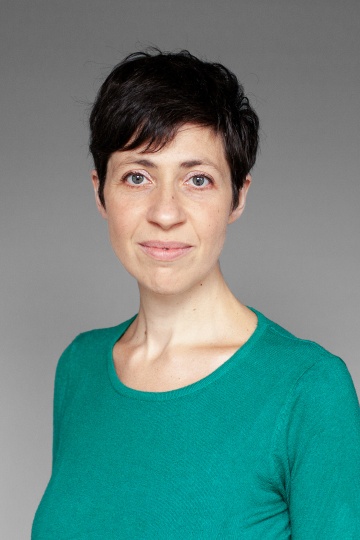
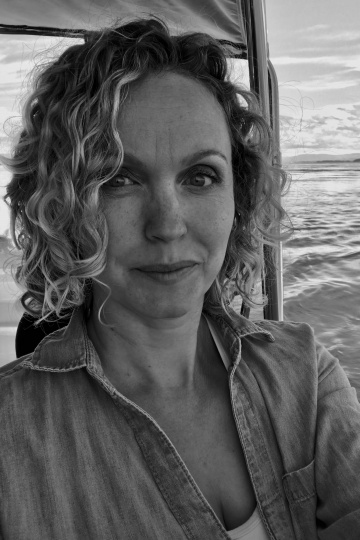
She has been awarded fellowships by the Society of Environmental Journalists, the National Association of Science Writers, and the Dart Center for Journalism and Trauma. In addition to feature writing and slowly working on a book proposal, she teaches journalism at the University of Montana, but lives in California. When not reporting or writing, she can be found at the beach in Santa Monica with her young sons and her husband.

Fellow Bios
Nikolia Apostolou is a multimedia journalist based in Greece. For more than 15 years, she has been writing, making video and producing documentaries from Greece, Cyprus and Turkey. She has worked outlets such as the BBC, The Associated Press, AJ+, Al Jazeera, The New York Times, The New Humanitarian, PBS, USA Today and Deutsche Welle. She also lectures on journalism and multimedia reporting, and this year will teach a class on reporting on refugees at the University of Athens. Apostolou earned her master’s degree in digital media at the Columbia University Graduate School of Journalism and her bachelor’s degree in journalism at the Panteion University in Athens.
Joseph Ataman is a documentary producer and writer whose work often focuses on migration and the lives of children. He has lived and reported from across the Middle East and was awarded an Overseas Press Club fellowship with the Associated Press in Turkey. A graduate of the University of Cambridge and Harvard University, he was mentored by the BBC’s Martha Kearney in 2019 and 2020 as part of the John Schofield Trust. Ataman is a freelance video journalist with CNN and in 2020, as a Groundtruth Project Migration Fellow, he directed his first documentary short on the experience of a young migrant girl in Palermo’s opera house.
Sharon Barang’a is the head of education at Cape Media's TV47 Kenya, where she reports mainly on education, children's affairs and health. She has over five years of experience as a broadcast journalist. Until recently, she was a senior education reporter at Nation Media Group's, NTV Kenya. In 2018, she was selected to participate in the Mandela Washington Fellowship, a program funded by the U.S. Department of State, where she studied civic leadership. In that same year, Barang’a received a fellowship for early childhood reporting from the International Center for Journalists. Barang’a has won a number of local, continental and international awards, and also co-founded a nonprofit organization that equips needy learners from arid and semi-arid regions in Kenya with stationery. Barang’a is a mentor with One Girl Can and holds a masters of arts in translation from the University of Nairobi and a bachelor of arts in social communication from the Catholic University of Eastern Africa in Kenya.
Carla Bittencourt is a Brazilian journalist. A graduate of the Federal University of Bahia, she worked for 13 years as a reporter and editor A Tarde, a newspaper in Salvador, Brazil, where she covered children and young people. At the moment, she works at the Gira Girou school, where she produces — alongside children — newspapers, podcasts and content for social media. She is also responsible for the communication of Auts, an audiovisual project that addresses autism with focus on children. Bittencourt has also published two books of children’s fiction. She is Joaquim's mother.
Fabiana Cambricoli, reporter for Estadão, based in São Paulo, Brazil, where she covers health and human rights for Estadão, one of the main newspapers in the country. She holds a bachelor’s degree in Journalism from the School of Communications and Arts of the University of São Paulo and a master’s degree in public health from the School of Public Health at the same institution. In her 15-year career, she has covered important issues such as the Zika Virus and microcephaly outbreak, and the crisis that took thousands of Venezuelan immigrants and refugees to Brazil. Now she is immersed in Covid-19 coverage. Cambricoli has won six journalism awards. In 2017, she was selected as one of the fellows of the International Center for Journalists for a program on digital innovation sponsored by the U.S. government. As part of this fellowship, she worked as a reporter at ProPublica, in New York, for six weeks.
Mariana Della Barba is a Brazilian journalist who has written extensively about maternal and child health, human rights, education and gender equality. She has worked for outlets such as the BBC, O Estado de S. Paulo, Veja and is currently the editor for the news agency Repórter Brasil. Della Barba won the Global Health Award from the International Center for Journalists. She is also the co-founder of “Política é a Mãe”, a movement fighting for mothers’ rights in politics. She is Theo and Liz’s mother.
José García Escobar is a journalist, fiction writer, translator and former Fulbright scholar from Guatemala. He earned a master of fine arts in creative writing from The New School. His writing has appeared in The Evergreen Review, Guernica, The Washington Post and The Guardian. He is Asymptote’s editor-at-large for the Central American region. He works as a journalist in Agencia Ocote. He writes in English and Spanish.
Nicolò Filippo Rosso is an Italian documentary photographer based in Colombia. He graduated with a degree in literature at the Universitá Degli Studi Di Torino in Italy. Since 2016, he has been documenting the impact of the exploitation of coal on the land and the people of Colombia’s La Guajira peninsula. The resulting photo documentary, “Forgotten In Dust,” was exhibited in Colombia, Italy, Germany, Canada, France and India, and has appeared in numerous magazines and newspapers. Since 2018, Filippo Rosso has documented the historical flow of migration between Venezuela and Colombia. His photo documentary on this subject, “Exodus,” has received numerous awards including the World Press Photo Award in the Contemporary Issues category and the Getty Reportage Grant. In 2020, the International Photography Award named Rosso as the “Deeper Perspective Photographer of the Year”. Besides his personal and editorial works for magazines, newspapers and NGOs, Rosso often lectures about photography and journalism in universities across Colombia, Europe and the U.S.
Mariana Lenharo is a science and health journalist based in São Paulo, Brazil. Having covered topics as diverse as astrophysics, neuroscience and climate change, she developed a particular interest in evidence-based medicine, public health and epidemics. Her freelance work appears in publications such as Scientific American, Elemental, Mother Jones, BBC News Brasil and Folha de S. Paulo. Before becoming an independent journalist, she covered drug development at BioPharm Insight/GlobalData in New York City and worked as a staff reporter at the science desk of G1, the news website of Globo, the largest mass media group in Latin America, and the Brazilian daily newspaper O Estado de S. Paulo. Mariana has a bachelor's degree in journalism from the University of São Paulo and a master's degree in science journalism from Columbia University.
Jackie Mader is the multimedia editor and award-winning early childhood reporter for The Hechinger Report. A mom of two, she has covered pre-K-12 education nationwide with a focus on families and young children. Her work has appeared in The New York Times, The Atlantic, USA Today and The Washington Post among other publications. She received a bachelor’s degree from Loyola Marymount University and an master’s degree from the Columbia University Graduate School of Journalism. Prior to attending Columbia, she taught middle school special education in Charlotte, North Carolina and trained first-year teachers in the Mississippi Delta. She currently lives in Austin, Texas.
Marielba Núñez is a Venezuelan independent journalist based in Caracas who specializes in health, science and human rights. Her most recent work has been dedicated to portraying the rising humanitarian emergency in the country. She has worked as a journalist and editor in Venezuelan print and digital media, mainly in the Venezuelan national newspaper El Nacional, and has collaborated with international media including Scientific American in Spanish and Scidev.Net among others. She has been professor of Journalism at Universidad Central de Venezuela and Universidad Católica Andrés Bello. She holds a bachelor’s degree in social communication from Universidad Central de Venezuela and a master’s degree in science communication from Universidad Pompeu Fabra of Barcelona, Spain. She was a fellow at the Dart Center for Trauma and Journalism at Columbia University in 2018, and a Knight-Wallace fellow at the University of Michigan 2019-2020.
Tania Opazo is a Chilean journalist working as the Interactive and Multimedia Editor at La Tercera, a national newspaper in Chile, where she has covered topics like science, health, environment society and education. Mental health, children and human rights are among her biggest reporting interests. She holds a master’s degree in Journalism and a bachelor’s degree in Hispanic literature and linguistics from the Universidad Católica de Chile. Opazo has been a semifinalist, finalist and received awards from the World Association of News Publishers, the Society for News Design, the Journalism of Excellence Awards granted by the School of Journalism of the Universidad Alberto Hurtado, and the MAGs Awards (Magazine Awards of the National Association of Press in Chile), among others. In 2015, Opazo was a fellow of the International Center for Journalists; in 2017 and 2018, she was a fellow at the Dart Center for Trauma and Journalism at Columbia University.
Rosie Scammell is a British journalist whose career has focused on Europe and the Middle East. She has worked for outlets including Agence France-Presse, Al Jazeera English, The Guardian and the Thomson Reuters Foundation.
Anna Claire Vollers is an investigative reporter for Alabama Media Group. She covers a variety of issues in the Deep South, including health, inequality, education and politics. Her recent reporting has focused on issues that most affect women and children. Her work appears online at AL.com and ReckonSouth.com, and in print in The Birmingham News, The Huntsville Times and Mobile’s Press-Register. Vollers’ reporting has earned national awards from organizations including the Society of Professional Journalists and the Society for Features Journalism. Closer to home, her investigative piece on shadowy religious teen boot camps was named Story of the Year by the Alabama Associated Press Media Editors. Through a recent data reporting fellowship with USC Annenberg’s Center for Health Journalism, Vollers uncovered how physical child abuse goes unchecked in Alabama. Last year, her reporting on the ways Alabama fails pregnant people and mothers powered her company’s winning submission at the National Headliner Awards. She’s been interviewed about her work by national outlets including CNN, MSNBC and NPR’s All Things Considered. Vollers lives in Huntsville, Alabama with her husband and their three sons, two cats, one dog and a hedgehog. Find her on Twitter @acvollers.
Malte Werner is a two-time participant in the Dart Center's reporting institute on early childhood development. He used to work at German news agency DAPD before going back to university to research the role of social media in the coverage of the Syrian war. Now, he balances his studies with freelancing, and focuses primarily on sciencerelated issues like dentistry in Mongolia and trauma and resilience in Sierra Leone. Through Netzwerk Recherche Werner is trying to foster non-profit journalism in Germany and Europe.
The fellowship is part of “The Early Childhood Reporting Initiative: Covering Trauma, Resilience and the Developing Brain,” a multi-year Dart Center training program to improve news coverage of early childhood development around the world. This initiative has been underwritten by the Bernard van Leer Foundation (Netherlands), the Jacobs Foundation (Switzerland), the Maria Cecilia Souto Vidigal Foundation (Brazil), and The Two Lilies Fund (United States).
































































































